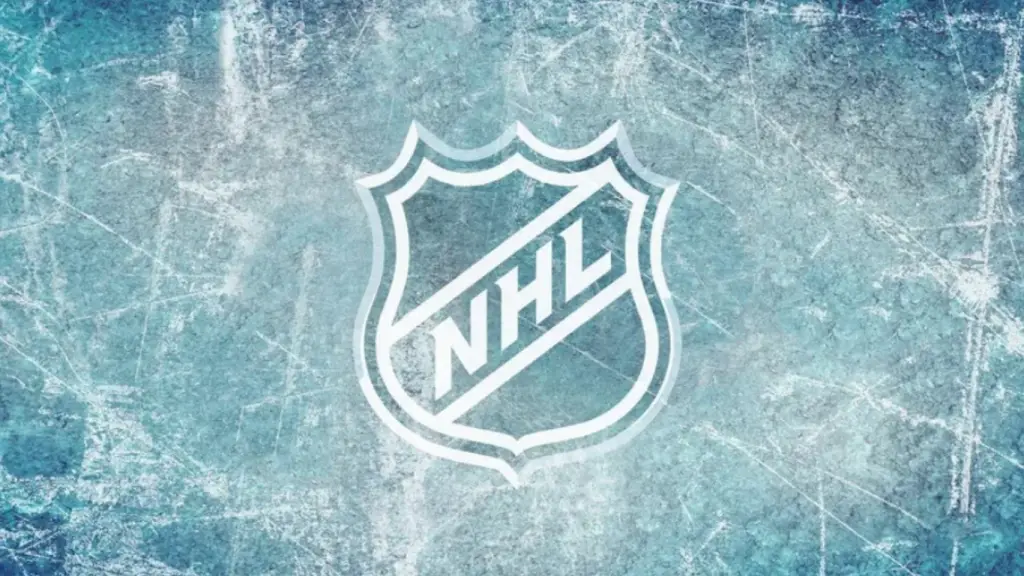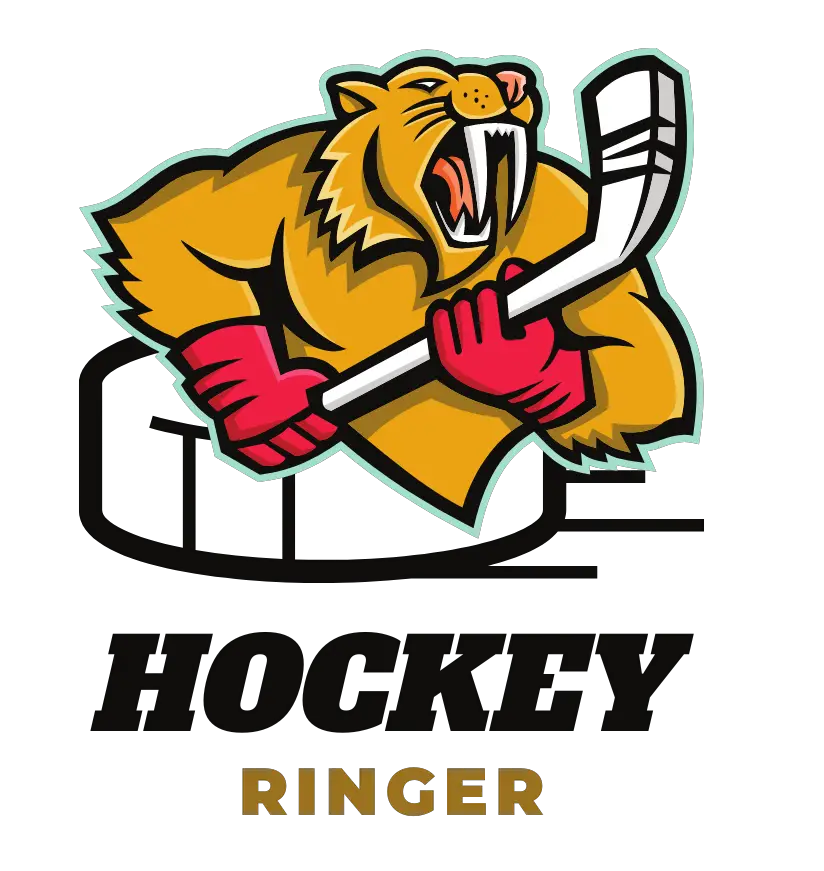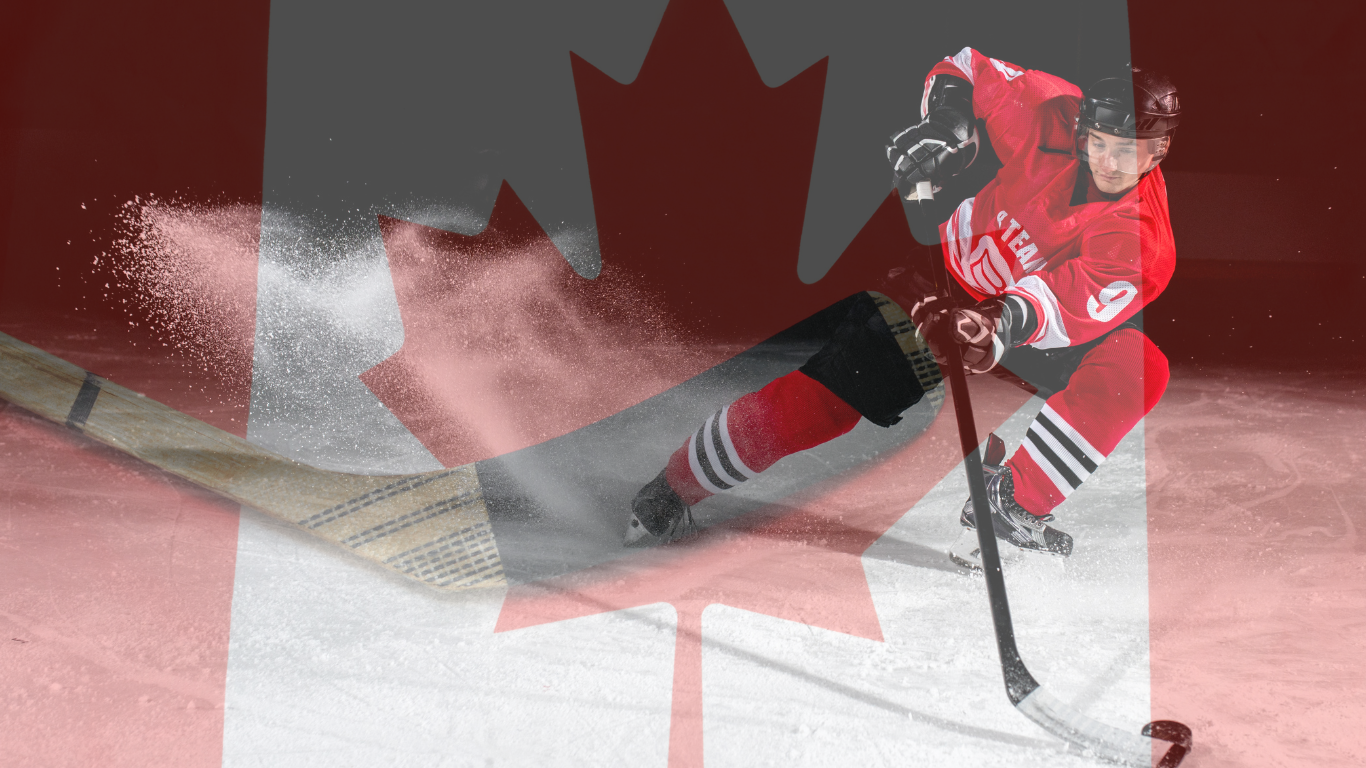The NHL is the world’s premier professional ice hockey league, with players from 18 countries as of the 2022-23 season. The league was founded in 1917 and has since grown to include 32 teams, 24 of which are based in the United States and 7 in Canada.
The NHL is responsible for organizing and overseeing all aspects of professional ice hockey in North America, including player contracts, team ownership, and game schedules. The league also manages the Stanley Cup, the oldest professional sports trophy in North America, which is awarded each year to the team that wins the NHL playoffs.
History of the National Hockey League

The National Hockey League (NHL) was founded in 1917 in Montreal, Canada, after a series of disputes within the National Hockey Association (NHA). The primary conflict involved Toronto Blueshirts’ owner Eddie Livingstone, who was trying to gain control of the NHA. The NHA suspended operations and the new NHL started play with four teams: the Montreal Canadiens, Montreal Wanderers, Ottawa Senators, and Quebec Bulldogs.
The NHL first expanded into the United States in 1924 with the founding of the Boston Bruins. By 1926, the league consisted of ten teams in Ontario, Quebec, the Great Lakes region, and the Northeastern United States. During this time, the NHL became the strongest league in North America and in 1926 took permanent possession of the Stanley Cup, a trophy representing world supremacy in ice hockey.
The original six teams of the NHL were the Montreal Canadiens, Toronto Maple Leafs, Boston Bruins, Chicago Blackhawks, Detroit Red Wings, and New York Rangers. These teams were the only ones in the league from 1942 to 1967, a period known as the “Original Six” era. During this time, the NHL saw a rise in popularity and expansion, with the addition of teams such as the Minnesota North Stars, Buffalo Sabres, and Vancouver Canucks.
Today, the NHL includes 31 franchises, with 7 in Canada and 24 in the United States. The Canadian teams are the Montreal Canadiens, Toronto Maple Leafs, Ottawa Senators, Winnipeg Jets, Edmonton Oilers, Calgary Flames, and Vancouver Canucks. The NHL remains widely recognized as the world’s premier hockey league and continues to be a major force in the sport of ice hockey.
Structure and Organization
The National Hockey League (NHL) is the world’s premier professional ice hockey league, with 32 teams from the United States and Canada. The league is divided into two conferences, the Eastern Conference and the Western Conference, each with two divisions.
The Eastern Conference comprises the Atlantic and Metropolitan divisions, while the Western Conference comprises the Central and Pacific divisions.
Each team plays an 82-game regular season schedule, with 41 games at home and 41 games on the road. The regular season runs from October to early April, with the playoffs starting shortly thereafter. The top three teams from each division and two wild-card teams from each conference qualify for the playoffs, which are conducted in a best-of-seven format.
The NHL has a unique structure and organization that sets it apart from other professional sports leagues. One of the league’s most distinctive features is its salary cap, which is designed to ensure that all teams are competitive and that no team can simply buy championships. The salary cap is set each year based on league revenues, and teams are required to stay within the cap or face penalties.
In addition to the salary cap, the NHL also has a revenue-sharing system that helps to ensure that smaller-market teams can remain financially viable. Under this system, the league’s top revenue-generating teams contribute a portion of their revenues to a revenue-sharing pool, distributed among the league’s smaller market teams.
Teams of the NHL
The National Hockey League (NHL) is made up of 32 teams, with 25 teams located in the United States and 7 teams located in Canada. The NHL is divided into two conferences, the Eastern Conference and the Western Conference, each consisting of four divisions.
Some of the most well-known teams in the NHL include the Boston Bruins, New York Rangers, Chicago Blackhawks, Toronto Maple Leafs, Vegas Golden Knights, Tampa Bay Lightning, Philadelphia Flyers, St. Louis Blues, Los Angeles Kings, Pittsburgh Penguins, Vancouver Canucks, Washington Capitals, Edmonton Oilers, San Jose Sharks, Florida Panthers, Nashville Predators, Colorado Avalanche, and Carolina Hurricanes.
The Boston Bruins, one of the Original Six teams, have won six Stanley Cup championships, while the New York Rangers have won four. The Chicago Blackhawks have won six Stanley Cup championships and are known for their iconic red, white, and black jerseys. The Toronto Maple Leafs, another Original Six team, have won 13 Stanley Cup championships, the most recent being in 1967.
In recent years, newer teams like the Vegas Golden Knights have made a name for themselves in the league. The Golden Knights reached the Stanley Cup Finals in their inaugural season in 2018, ultimately losing to the Washington Capitals.
Each team in the NHL has a unique logo and jersey design, with some teams opting for classic and traditional looks while others go for more modern and bold designs. The NHL also has strict rules regarding player equipment, requiring each player to wear specific gear for safety reasons.
NHL Regular Season and Playoffs
The NHL regular season typically runs from early October to mid-April, with each team playing 82 games. During this time, teams compete within their respective divisions and conferences to earn points, determining their position in the standings. The top three teams from each division and two wildcard teams from each conference qualify for the Stanley Cup playoffs.
Once the playoffs begin, the teams are seeded based on their regular season performance, with the division winners taking the top three spots in each conference. The first round of the playoffs is a best-of-seven series between the top seed and the wildcard team with the second and third seeds facing off against each other. The team with home-ice advantage, meaning they get to play more games on their home ice, is determined by regular season performance.
The playoffs continue in a bracket format, with the winners of each series advancing to the next round until the conference finals. The winners of the conference finals then face off in the Stanley Cup Finals, which is also a best-of-seven series.
In the event of a tie during the regular season, teams play a five-minute overtime period followed by a shootout if necessary to determine the winner. In the playoffs, there is no shootout and games can continue into multiple overtime periods until a winner is determined.
NHL and International Hockey
The National Hockey League (NHL) is considered the top ranked professional ice hockey league in the world. With players from 18 countries as of the 2022-23 season, the NHL has a significant international presence. The league has also played a role in international ice hockey competitions.
The NHL has sent players to the Winter Olympics since 1998, with the exception of the 2018 games in Pyeongchang, South Korea. The league’s decision to not participate in the 2018 Olympics was due to concerns over player injuries and a lack of financial compensation from the International Olympic Committee. The NHL has not yet committed to sending players to the 2022 Winter Olympics in Beijing, China.
In addition to the Olympics, the NHL has participated in other international competitions such as the World Cup of Hockey. The World Cup of Hockey is a tournament organized by the NHL and the NHL Players’ Association. The tournament features teams from North America, Europe, and other regions.
The NHL also has partnerships with other national and international hockey organizations. For example, the league has a partnership with the Czech Ice Hockey Association to promote hockey development in the Czech Republic. The NHL also has a partnership with the International Ice Hockey Federation (IIHF) to promote and develop hockey worldwide.
Famous Players and Teams
The National Hockey League (NHL) has been home to some of history’s greatest ice hockey players and teams. The NHL has seen its fair share of legends from the Original Six teams to modern-day champions.
One of the most famous NHL players of all time is Gordie Howe. He played for the Detroit Red Wings and was known for his physical play and scoring ability. Howe won four Stanley Cups and was inducted into the Hockey Hall of Fame in 1972.
The Montreal Canadiens are one of the most successful teams in NHL history. They have won 24 Stanley Cups, more than any other team, and have had many great players over the years, including Maurice Richard, Jean Beliveau, and Guy Lafleur.
The Original Six teams also include the Boston Bruins, Chicago Blackhawks, New York Rangers, and Toronto Maple Leafs. Each team has a rich history and has produced many great players.
In recent years, the Pittsburgh Penguins have been one of the dominant teams in the NHL. Led by superstar Sidney Crosby, the Penguins have won three Stanley Cups in the last decade.
Other notable Stanley Cup champions include the Edmonton Oilers, who won five Cups in seven years in the 1980s, and the New York Islanders, who won four in a row in the early 1980s.
NHL Awards and Honors
The National Hockey League (NHL) recognizes the achievements of its players and coaches through various awards and honors. These awards are presented annually at the NHL Awards ceremony, which takes place after the conclusion of the Stanley Cup playoffs.
Some of the most prestigious awards in the NHL include the Hart Memorial Trophy, the James Norris Memorial Trophy, and the Vezina Trophy. The Hart Memorial Trophy is awarded to the player who is deemed most valuable to his team during the regular season, while the James Norris Memorial Trophy is given to the league’s best defenseman. The Vezina Trophy is awarded to the league’s top goaltender.
Other notable awards include the Calder Memorial Trophy, which is given to the league’s top rookie, the Art Ross Trophy, which is awarded to the player who leads the NHL in points during the regular season, and the Lady Byng Memorial Trophy, which is given to the player who best exemplifies sportsmanship and gentlemanly conduct on the ice.
In addition to these individual awards, the NHL also recognizes the top team in the league with the Presidents’ Trophy. The William M. Jennings Trophy is awarded to the goaltender(s) who have played for the team that allowed the fewest goals during the regular season.
The Conn Smythe Trophy is awarded to the most valuable player of the Stanley Cup playoffs, while the Jack Adams Award is given to the NHL’s top coach.
The Game of Ice Hockey
Ice hockey is a fast-paced, physical team sport played on a sheet of ice. The objective of the game is to score more goals than the opposing team by shooting a small, hard rubber disc called a puck into the opposing team’s net.
Each team consists of six players on the ice at a time, including a goaltender responsible for stopping the opposing team’s shots. The other five players are forwards and defensemen who work together to move the puck up the ice and create scoring opportunities.
The game is played in three 20-minute periods, with a 15-minute intermission between the second and third periods. If the game is tied after regulation time, it goes into overtime where the first team to score wins the game.
Ice hockey is a physically demanding sport, with players skating at high speeds, making quick turns, and engaging in body checks to gain possession of the puck. Players wear protective equipment, including helmets, shoulder pads, elbow pads, gloves, shin guards, and skates.
The National Hockey League (NHL) is North America’s top professional ice hockey league, consisting of 32 teams from the United States and Canada. The NHL has a rich history dating back to 1917 and is known for its intense rivalries and passionate fan base.
Media and Broadcasting
The National Hockey League (NHL) has a strong media presence, with numerous broadcasters and platforms providing league coverage. The league has partnerships with major television networks such as ESPN and TNT, which have taken over the broadcasting rights from NBC.
The NHL’s official website, nhl.com, provides fans with access to live games, highlights, and news. Additionally, the league has a subscription-based service called NHL.TV, which allows fans to stream live games and access archived games on demand.
Sportsnet is the primary broadcaster of NHL games in Canada, carrying national and regional games. The network also provides extensive coverage of the league through its website and app.
With the new broadcasting deals, ESPN and TNT are expected to bring more attention to the NHL, with increased coverage and promotion of the league across their platforms. This is expected to result in a wider audience and increased revenue for the NHL.
Overall, the NHL’s media and broadcasting presence is strong, with a variety of options for fans to access coverage of the league. Whether through traditional television broadcasts or online streaming, fans can stay up-to-date on all the latest NHL action.
Economic Aspects of the NHL
The National Hockey League (NHL) is a professional ice hockey league in North America that boasts a significant economic impact. The league generates revenue from various sources, including ticket sales, broadcasting rights, sponsorships, and merchandise sales. Statista said the NHL’s revenue in the 2020/21 season was approximately $4.43 billion.
One of the significant economic aspects of the NHL is the implementation of a salary cap. The salary cap limits the total amount of money a team can spend on player salaries in a given season. The NHL implemented the salary cap in 2005 to promote parity among teams and prevent large-market teams from outspending small-market teams. The salary cap is calculated based on the league’s revenue, with the cap increasing as revenue increases.
The NHL’s revenue-sharing system is another essential economic aspect of the league. The league distributes a portion of its revenue to its member clubs, with the goal of promoting financial stability and parity among teams. The revenue-sharing system is designed to help smaller-market teams compete with larger-market teams by providing them with additional financial resources.
The NHL’s economic impact extends beyond the league itself. The league has a significant impact on the economies of the cities and regions where its teams are located. NHL games generate revenue for local businesses, including hotels, restaurants, and retail stores. The league’s presence in a city or region can also help attract other businesses and events, further boosting the local economy.
Overall, the NHL’s economic aspects play a significant role in the league’s success and impact. The implementation of a salary cap and revenue-sharing system promotes parity among teams and financial stability for smaller-market teams. The league’s economic impact extends beyond the league itself, benefiting the local economies of the cities and regions where its teams are located.





Leave a Reply